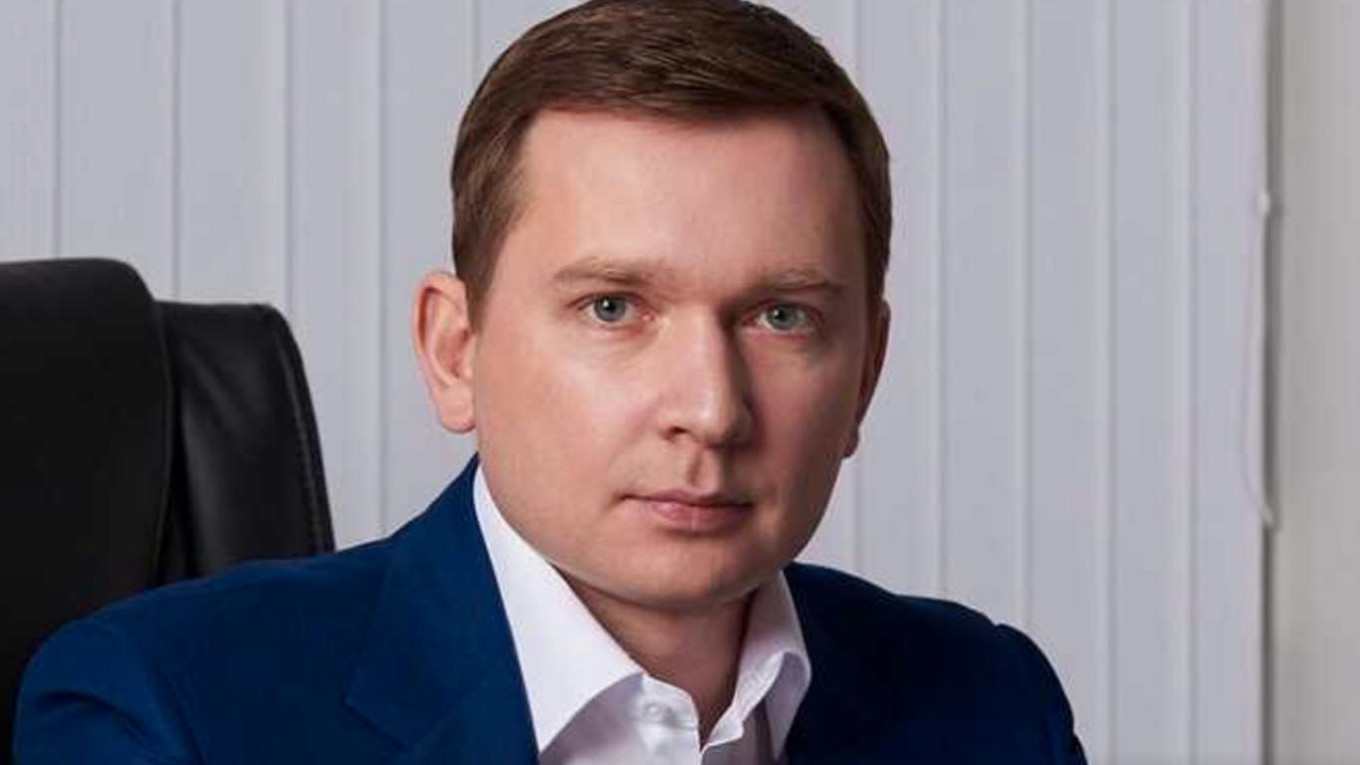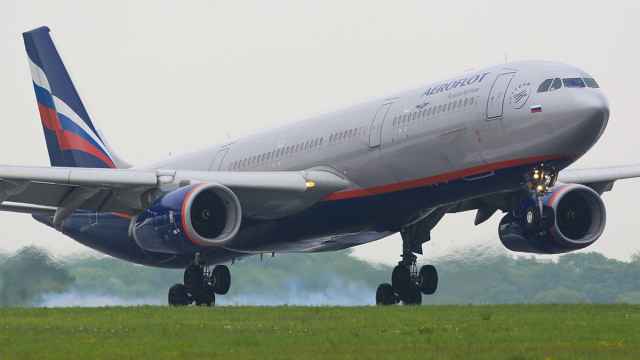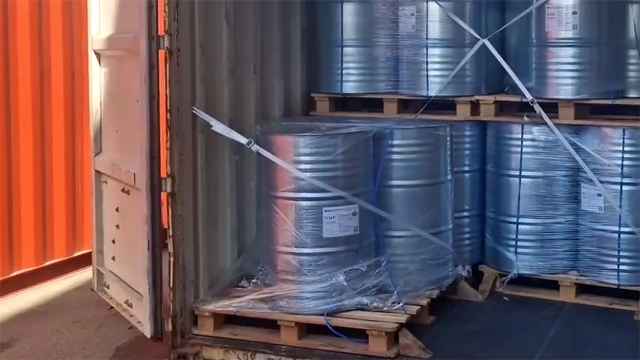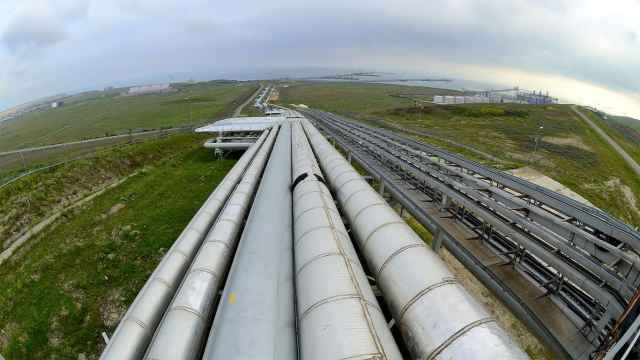The eldest son of Vladimir Artyakov, vice president of the state-defense conglomerate Rostec and former governor of the Samara region, was arrested Saturday by Spanish police on suspicion of money laundering, according to Organized Crime and Corruption Reporting Project (OCCRP), citing court sources.
Authorities allege that his son, Dmitry Artyakov, laundered millions of euros through real estate transactions in Spain.
OCCRP’s sources say Dmitry Artyakov was detained at his residence in Girona as part of an investigation led by Spain's Anti-Corruption Prosecutor's office, with the National Court coordinating the proceedings.
Since 2022, he has been subject to personal sanctions imposed by Ukraine, the United States, and Canada. However, the absence of EU sanctions has allowed him to legally remain in Spain and hold property there.
Investigators believe that between 2005 and 2008, Artyakov acquired eight properties in the coastal town of Castell-Platja d'Aro. Authorities suspect the funds originated from capital linked to the “Troika laundromat,” an international money laundering network that reportedly enabled the transfer of billions of dollars from Russia through offshore companies.
The properties were initially purchased for 14 million euros by Artyakov's grandmother, Anna Kurepina. In 2014, according to court documents, she resold the properties to her grandson for 10 million euros. Investigators maintain that Kurepina acted as a nominal owner, stating that she received at least 14 million euros from the offshore company Delco Networks, a shell company connected to the money laundering network.
Records indicate that she received about 20 transfers labeled as loans, which were never repaid.
Spanish authorities regard the real estate in Girona and the related financial transactions as part of a broader pattern of alleged money laundering.
Vladimir Artyakov governed the Samara region from 2007 to 2012. Previously, he held senior management positions at automobile company AvtoVAZ, including serving as board chairman beginning in late 2005, as president of the AvtoVAZ Group and chairman of the company's board.
A Message from The Moscow Times:
Dear readers,
We are facing unprecedented challenges. Russia's Prosecutor General's Office has designated The Moscow Times as an "undesirable" organization, criminalizing our work and putting our staff at risk of prosecution. This follows our earlier unjust labeling as a "foreign agent."
These actions are direct attempts to silence independent journalism in Russia. The authorities claim our work "discredits the decisions of the Russian leadership." We see things differently: we strive to provide accurate, unbiased reporting on Russia.
We, the journalists of The Moscow Times, refuse to be silenced. But to continue our work, we need your help.
Your support, no matter how small, makes a world of difference. If you can, please support us monthly starting from just $2. It's quick to set up, and every contribution makes a significant impact.
By supporting The Moscow Times, you're defending open, independent journalism in the face of repression. Thank you for standing with us.
Remind me later.






